It’s funny the things you remember from your childhood. Like the images from movies, lines from a quirky joke or the faces your siblings used to make. But when it comes to Advent, one song in particular comes to mind. It’s not melodious like Silent Night or nostalgic like O Little Town of Bethlehem, but rather almost like the beat of a march.
“The King of Glory comes, the nation rejoices, open the gates before Him, lift up your voices. Who is the King of Glory? How shall we call him? He is Emmanuel, the promised of ages…”
I’m pretty sure a bit of interior grumbling went on when the organist began the intro because I really didn’t like the tune one bit (and I still don’t). I wanted something upbeat or beautiful during this time of preparation. But perhaps it is this song that fits the season best.
What are we preparing for? For the King of Glory to Come. And Who is He? The One who has been promised to us from ages past, Emmanuel. And what are we to do in preparation for his coming? Pull up our bootstraps, get our orders from on High and march to the beat of His drum. Isn’t that what it’s really all about? Leaving our own ways behind to follow His ways?
That is what he came to this world to do, to show us the way. The word “Emmanuel”, brings another song to mind, perhaps a more secular one, by Amy Grant. She sings “Emmanuel, God with us. Emmanuel…” and then goes on to speak of typical seasonal ambiance. Yet she hits the nail on the head with these few words. What truly matters here is that God is with us. He came from heaven to earth to be with us and continues to abide with us in our hearts and in the Sacraments.
Today’s First Reading from Isaiah is one of my favorites because it is filled with so much hope. “The desert and the parched land will exult; the steppe will rejoice and bloom. They will bloom with abundant flowers, and rejoice with joyful song. The glory of Lebanon will be given to them, the splendor of Carmel and Sharon; They will see the glory of the LORD, the splendor of our God. Strengthen the hands that are feeble, make firm the knees that are weak, say to those whose hearts are frightened: Be strong, fear not! Here is your God, he comes with vindication; With divine recompense he comes to save you.”
May the promised coming of the King of Glory, Emmanuel, the one who makes deserts bloom and gives strength to frightened hearts, be the foremost thought in your minds today as you continue to prepare the way of the Lord.
Es gracioso las cosas que recuerdas de tu infancia. Como las imágenes de las películas, las líneas de un chiste peculiar o las caras que solían hacer tus hermanos. Pero cuando se trata de Adviento, me viene a la mente una canción en particular. No es melodiosa como Noche de Paz o nostálgica como Portal de Belén, sino casi como el ritmo de una marcha.
“Viene el Rey de la Gloria, la nación se regocija, ábrenle las puertas, alcen sus voces. ¿Quién es el Rey de Gloria? ¿Cómo lo llamaremos? Es Emmanuel, el prometido de los siglos…”
Estoy bastante seguro de que hubo algunas quejas internas cuando la organista comenzó la introducción porque realmente no me gustaba la melodía para nada (y todavía no me gusta). Quería algo alegre o hermoso durante este tiempo de preparación. Pero tal vez sea esta canción la más apropiada para la temporada.
¿Para qué nos estamos preparando? Para el Rey de Gloria por venir. ¿Y quién es? Aquel que nos ha sido prometido desde tiempos pasados, Emmanuel. ¿Y qué debemos hacer en preparación para su venida? Levantarnos, recibir nuestras órdenes de lo alto y marchar al ritmo de Su tambor. ¿No es eso de lo que realmente se trata? ¿Dejar atrás nuestros propios caminos para seguir Sus caminos?
Para eso vino a este mundo, para mostrarnos el camino. La palabra “Emmanuel”, trae a la mente otra canción, quizás más secular, de Amy Grant. Ella canta “Emmanuel, God with us (Dios está con nosotros)” y luego pasa a hablar de un ambiente típico de la temporada. Sin embargo, ella da en el clavo con estas pocas palabras. Lo que realmente importa aquí es que Dios está con nosotros. Vino del cielo a la tierra para estar con nosotros y continúa habitando con nosotros en nuestros corazones y en los Sacramentos.
La Primera Lectura de hoy de Isaías es una de mis favoritas porque está llena de mucha esperanza. “Regocíjate, yermo sediento. Que se alegre el desierto y se cubra de flores, que florezca como un campo de lirios, que se alegre y dé gritos de júbilo, porque le será dada la gloria del Líbano, el esplendor del Carmelo y del Sarón. Ellos verán la gloria del Señor, el esplendor de nuestro Dios. Fortalezcan las manos cansadas, afiancen las rodillas vacilantes. Digan a los de corazón apocado: ‘¡Ánimo! No teman. He aquí que su Dios, vengador y justiciero, viene ya para salvarlos’.”
Que la venida prometida del Rey de la Gloria, Emmanuel, el que hace florecer los desiertos y da fuerza a los corazones atemorizados, sea el pensamiento principal en sus mentes hoy mientras sigan preparando el camino del Señor.
Feature Image Credit: Victor Gonzalez, cathopic.com/photo/11336-jesus-en-el-pesebre
 Tami Urcia grew up in Western Michigan, a middle child in a large Catholic family. She spent early young adulthood as a missionary in Mexico, studying theology and philosophy, then worked and traveled extensively before finishing her Bachelor’s Degree in Western Kentucky. She loves tackling projects, finding fun ways to keep her little ones occupied, quiet conversation with the hubby and finding unique ways to love. She works at for Christian Healthcare Centers, is a guest blogger on CatholicMom.com and BlessedIsShe.net, runs her own blog at https://togetherandalways.wordpress.com and has been doing Spanish translations on the side for over 20 years.
Tami Urcia grew up in Western Michigan, a middle child in a large Catholic family. She spent early young adulthood as a missionary in Mexico, studying theology and philosophy, then worked and traveled extensively before finishing her Bachelor’s Degree in Western Kentucky. She loves tackling projects, finding fun ways to keep her little ones occupied, quiet conversation with the hubby and finding unique ways to love. She works at for Christian Healthcare Centers, is a guest blogger on CatholicMom.com and BlessedIsShe.net, runs her own blog at https://togetherandalways.wordpress.com and has been doing Spanish translations on the side for over 20 years.
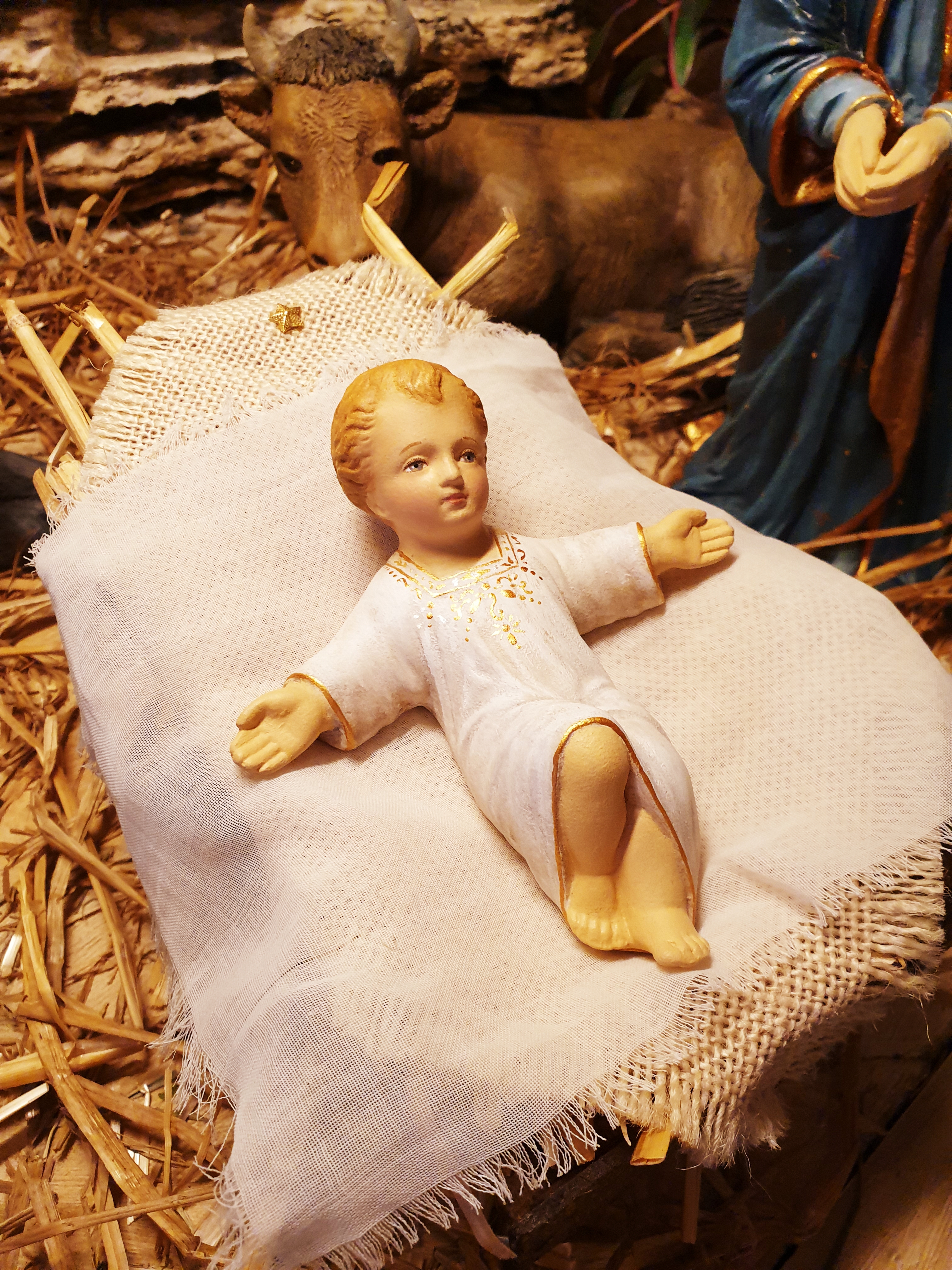

 Sheryl is happy to be the number 1 cheerleader and supporter for her husband, Tom who is a candidate for the Permanent Diaconate in the Diocese of Kalamazoo. They are so grateful for the opportunity to grow together in this process. Sheryl’s day job is serving her community as the principal for St. Therese Catholic School in Wayland, Michigan. Since every time she thinks she gets life all figured out, she realizes just how far she has to go, St. Rita of Cascia is her go-to Saint for intercession and help. Home includes Carlyn, a very, very goofy Golden Retriever and Lucy, our not-so-little rescue puppy.
Sheryl is happy to be the number 1 cheerleader and supporter for her husband, Tom who is a candidate for the Permanent Diaconate in the Diocese of Kalamazoo. They are so grateful for the opportunity to grow together in this process. Sheryl’s day job is serving her community as the principal for St. Therese Catholic School in Wayland, Michigan. Since every time she thinks she gets life all figured out, she realizes just how far she has to go, St. Rita of Cascia is her go-to Saint for intercession and help. Home includes Carlyn, a very, very goofy Golden Retriever and Lucy, our not-so-little rescue puppy. 

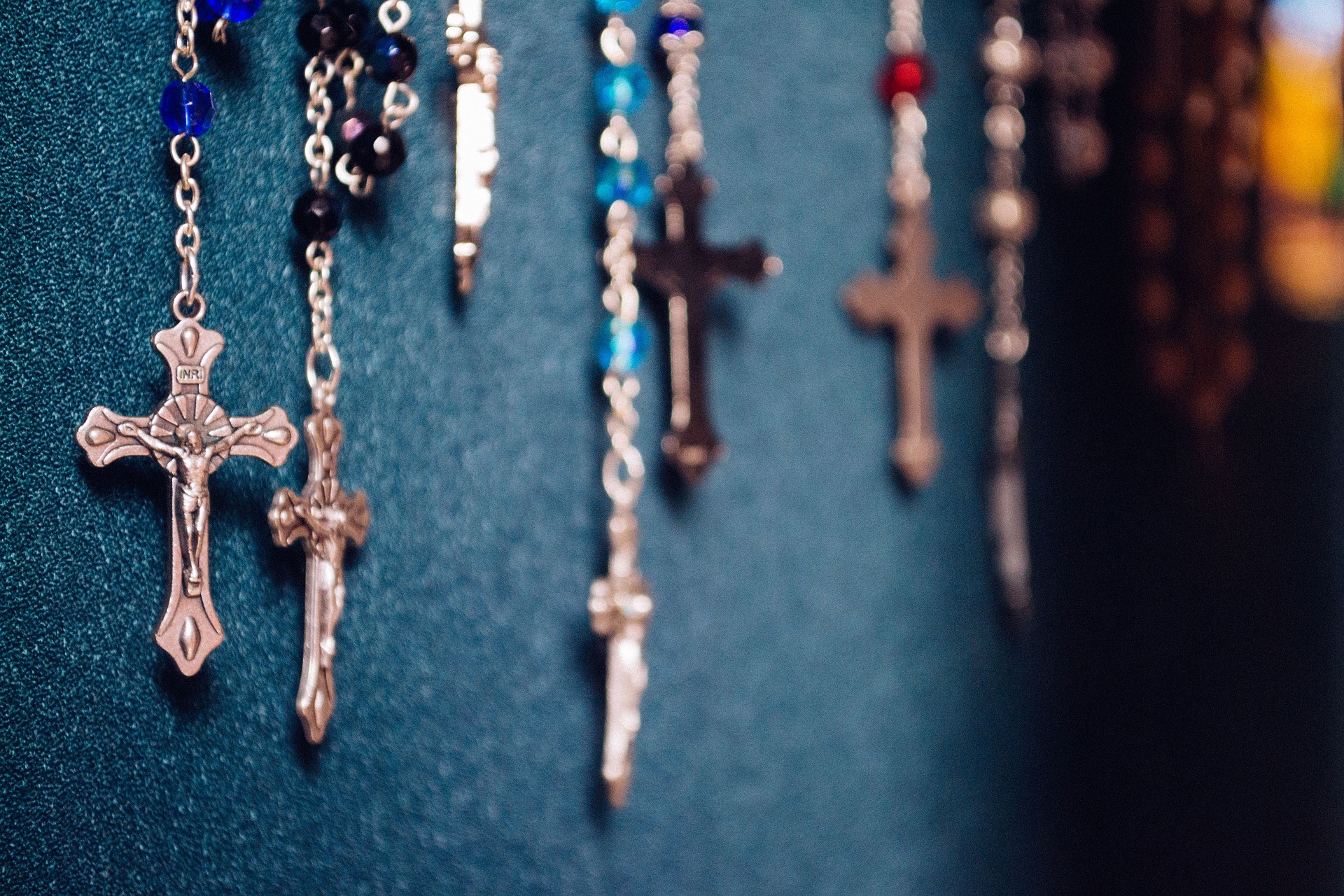
 Mike Karpus is a regular guy. He grew up in Michigan’s Upper Peninsula, graduated from Michigan State University and works as an editor. He is married to a Catholic school principal, raised two daughters who became Catholic school teachers at points in their careers, and now relishes his two grandchildren, including the older one who is fascinated with learning about his faith. He also has served on a Catholic school board, a pastoral council and a parish stewardship committee. He currently is a lector at Mass, a Knight of Columbus, Adult Faith Formation Committee member and a board member of the local Habitat for Humanity organization. But mostly he’s a regular guy.
Mike Karpus is a regular guy. He grew up in Michigan’s Upper Peninsula, graduated from Michigan State University and works as an editor. He is married to a Catholic school principal, raised two daughters who became Catholic school teachers at points in their careers, and now relishes his two grandchildren, including the older one who is fascinated with learning about his faith. He also has served on a Catholic school board, a pastoral council and a parish stewardship committee. He currently is a lector at Mass, a Knight of Columbus, Adult Faith Formation Committee member and a board member of the local Habitat for Humanity organization. But mostly he’s a regular guy.


 Kathryn Mulderink, MA, is married to Robert, Station Manager for Holy Family Radio. Together they have seven children (including Father Rob), and seven grandchildren. She is President of the local community of Secular Discalced Carmelites and has published five books and many articles. Over the last 30 years, she has worked as a teacher, headmistress, catechist, Pastoral Associate, and DRE, and as a writer and voice talent for Catholic Radio. Currently, she serves the Church by writing and speaking, and by collaborating with various parishes and to lead others to encounter Christ and engage their faith. Her website is
Kathryn Mulderink, MA, is married to Robert, Station Manager for Holy Family Radio. Together they have seven children (including Father Rob), and seven grandchildren. She is President of the local community of Secular Discalced Carmelites and has published five books and many articles. Over the last 30 years, she has worked as a teacher, headmistress, catechist, Pastoral Associate, and DRE, and as a writer and voice talent for Catholic Radio. Currently, she serves the Church by writing and speaking, and by collaborating with various parishes and to lead others to encounter Christ and engage their faith. Her website is 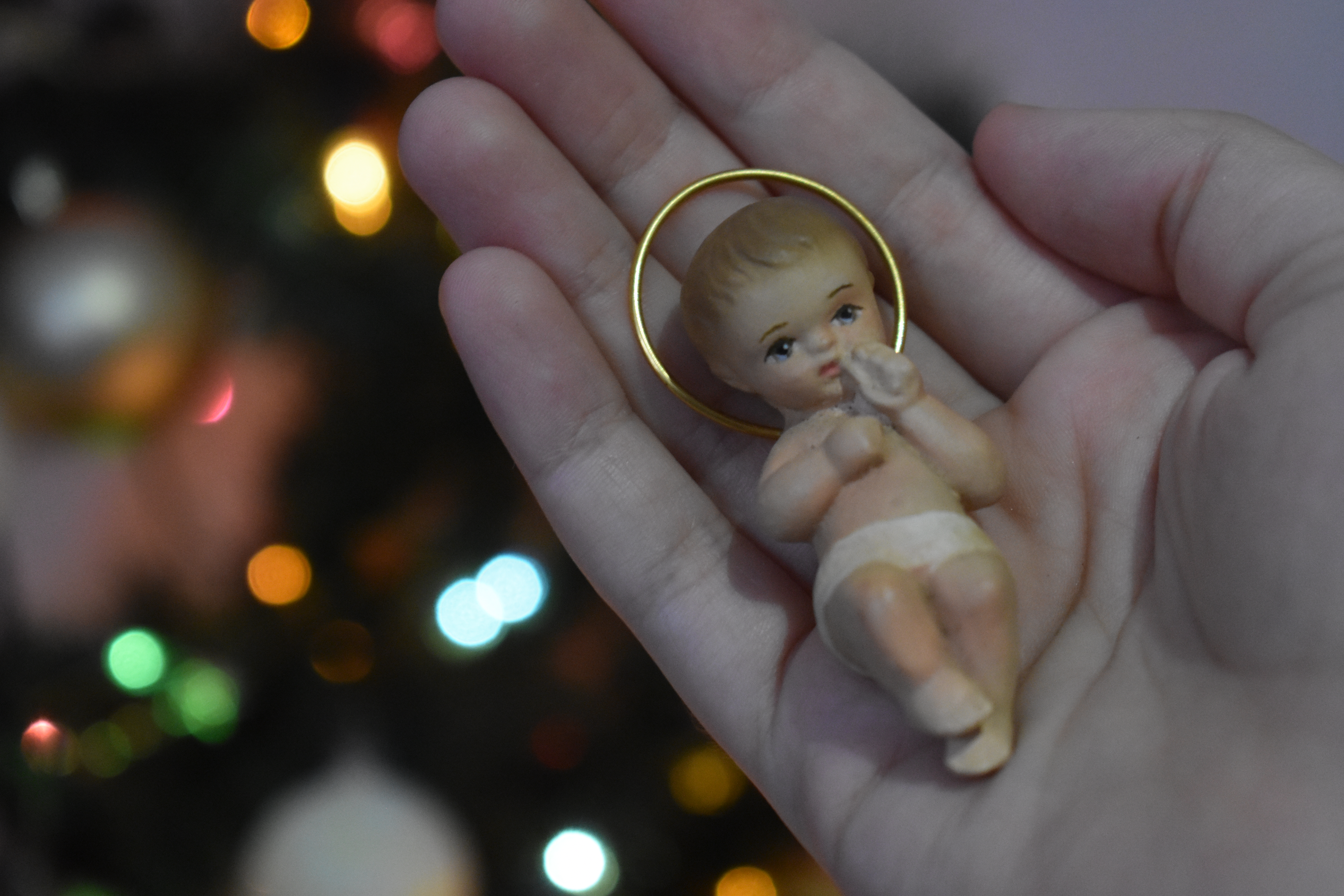

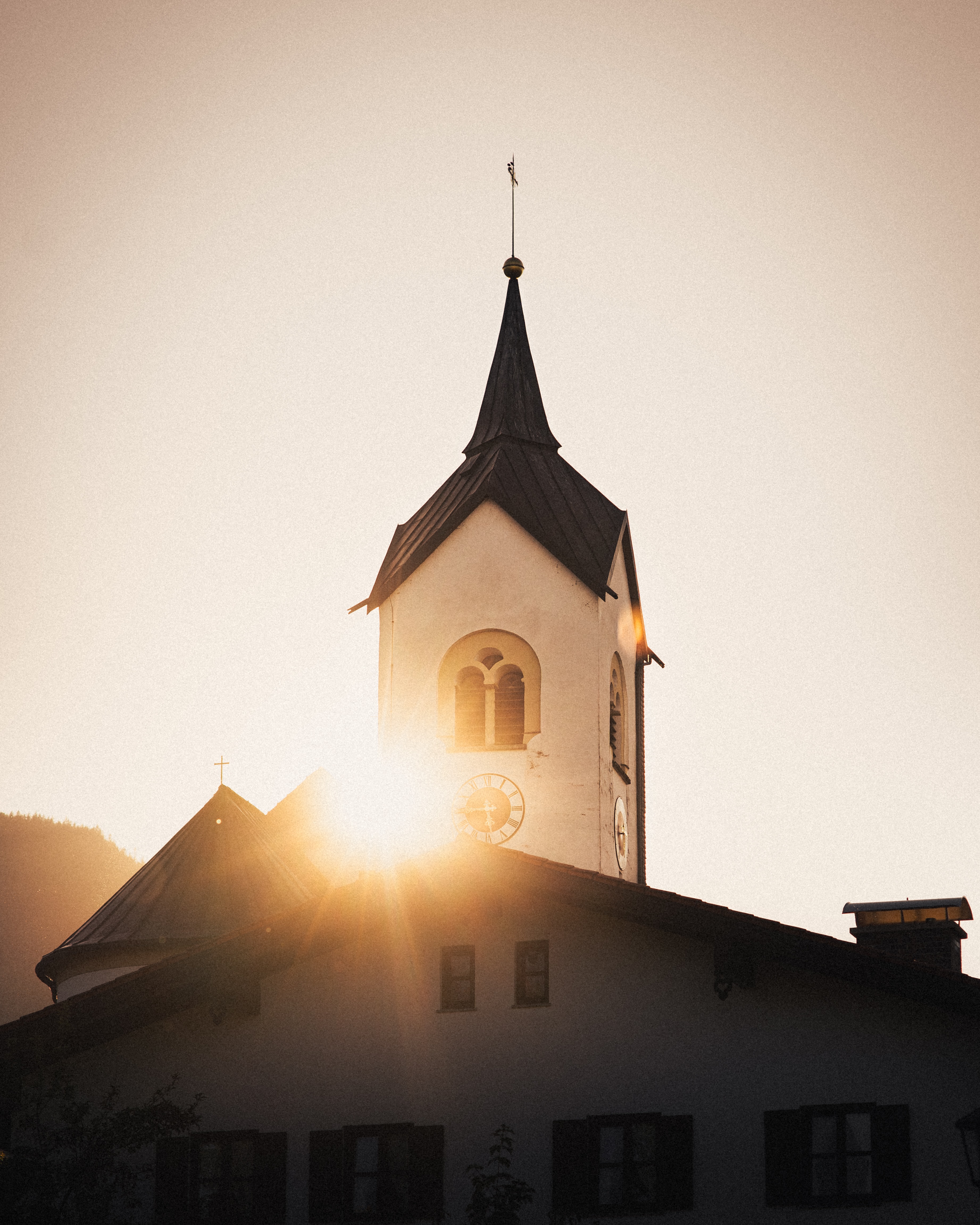
 Leslie Sholly is a Catholic, Southern wife and mother of five, living in her hometown, Knoxville, Tennessee. She graduated from Georgetown University with an English major and Theology minor. She blogs at
Leslie Sholly is a Catholic, Southern wife and mother of five, living in her hometown, Knoxville, Tennessee. She graduated from Georgetown University with an English major and Theology minor. She blogs at 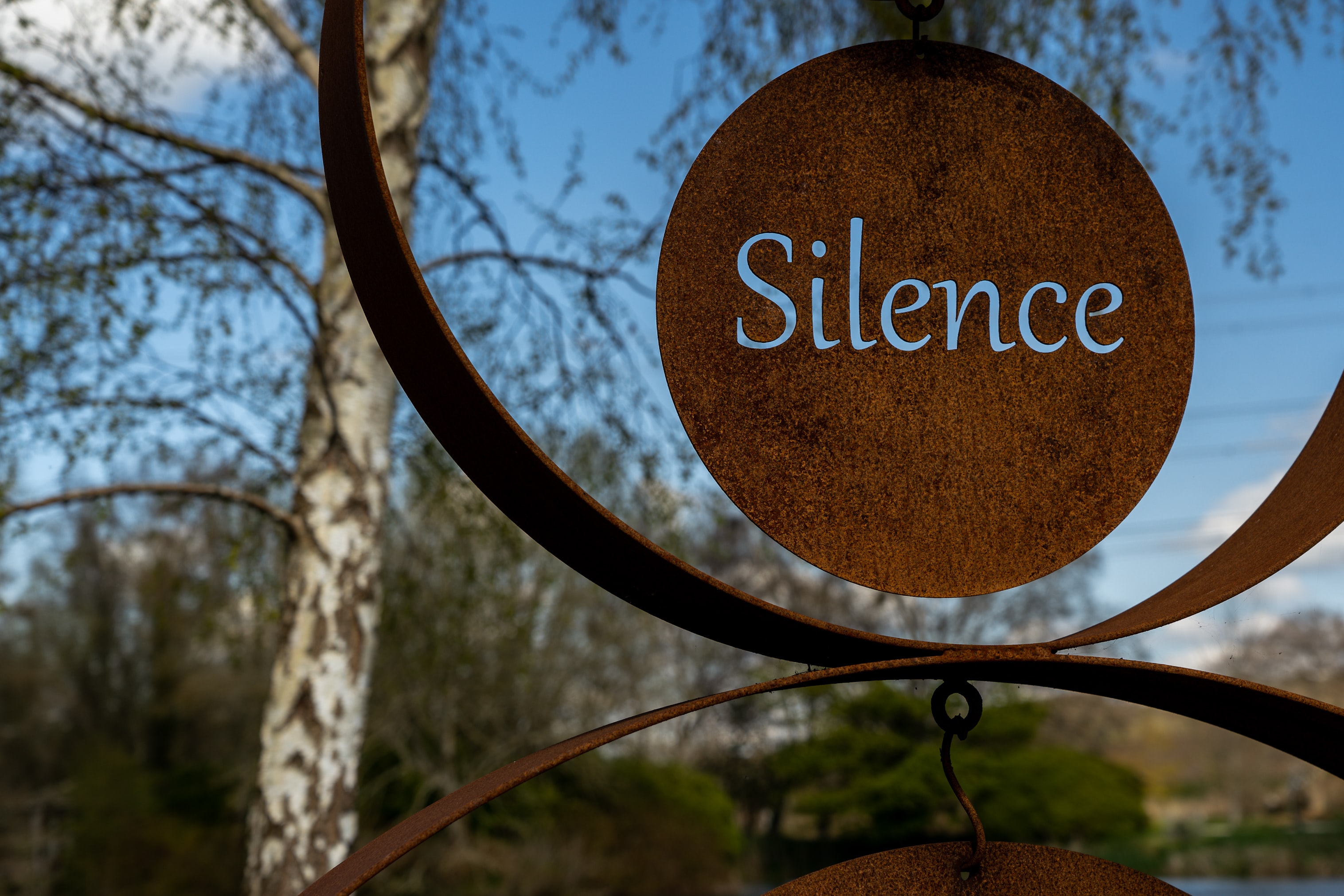
 Deacon Dan Schneider is a retired general manager of industrial distributors. He and his wife Vicki have been married for over 50 years. They are the parents of eight children and thirty grandchildren. He has a degree in Family Life Education from Spring Arbor University. He was ordained a Permanent Deacon in 2002. He has a passion for working with engaged and married couples and his main ministry has been preparing couples for marriage.
Deacon Dan Schneider is a retired general manager of industrial distributors. He and his wife Vicki have been married for over 50 years. They are the parents of eight children and thirty grandchildren. He has a degree in Family Life Education from Spring Arbor University. He was ordained a Permanent Deacon in 2002. He has a passion for working with engaged and married couples and his main ministry has been preparing couples for marriage.
 Kate Taliaferro is an Air Force wife and mother. She is blessed to be able to homeschool, bake bread and fold endless piles of laundry. When not planning a school day, writing a blog post or cooking pasta, Kate can be found curled up with a book or working with some kind of fiber craft. Kate blogs at
Kate Taliaferro is an Air Force wife and mother. She is blessed to be able to homeschool, bake bread and fold endless piles of laundry. When not planning a school day, writing a blog post or cooking pasta, Kate can be found curled up with a book or working with some kind of fiber craft. Kate blogs at 
 J.M. Pallas has had a lifelong love of Scriptures. When she is not busy with her vocation as a wife and mother to her “1 Samuel 1” son, or her vocation as a public health educator, you may find her at her parish women’s bible study, affectionately known as “The Bible Chicks.”
J.M. Pallas has had a lifelong love of Scriptures. When she is not busy with her vocation as a wife and mother to her “1 Samuel 1” son, or her vocation as a public health educator, you may find her at her parish women’s bible study, affectionately known as “The Bible Chicks.”